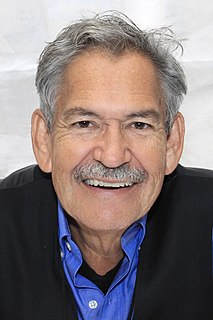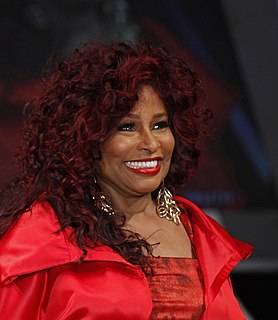A Quote by Lawrence Joseph
Do I address issues of the spirit, of the soul, in my work? Yes, definitely. As for being a Catholic poet, I was born in, and into, Catholicism - Eastern Rite Maronite and Melkite Catholicism. Not being Catholic has never been a choice for me - it's in my family, my ancestry, going back centuries. Catholicism, for me, is always here.
Related Quotes
I've begun to recognize myself as a Catholic writer because my whole notion of the image, of symbol, of art and what it can do, has been conditioned by my immersion in Catholic culture, ritual, and art since my earliest days. Catholicism seeped into me through every pore. Catholicism is about seeping and pores!
Now the ordinary Protestant, Jew or Secularist has a stereotype about Catholicism. It consists of Spanish Catholicism, Latin-American Catholicism and, let us say, a Catholicism of O'Connor's "Great Hurrah." Now there are types of Catholicism like that but this doesn't - this doesn't do justice to the genuine relation that Catholicism has had to Democratic Society.
I'm a lapsed Quaker. I don't go to meetings any more. But I'm very drawn to Catholicism - all that glitter. I'd love to be a Catholic. I think it would be fantastic - faith, forgiveness, absolution, extreme unction - all these wonderful words. I don't think anyone who was ever born a Catholic hasn't died a Catholic, no matter how lapsed they are.
I'm an ex-Catholic priest. I have such a complex relationship to Catholicism. On the one hand, if I called myself a Catholic it would have to be a very unorthodox one, as I just don't believe all of the teachings of the Church. But on the other hand, I'm an educated man because the Catholic Church educated me. It gave me something that is really important to me. So I always think about my faith. I always have it, and sometimes I can't talk about it, and sometimes I can. I am like an adolescent in that way. Teens are asking questions: who is God and what does it mean to have faith?
I was born and raised in the University of Chicago area and had an uneventful middle-class Catholic childhood. I had a heavy Catholic upbringing and Catholicism is terrible - it's the reason there were slaves. Mass every morning at seven o'clock during Lent. It's a totally negative, man-made religion.
I was nurtured in the church; I went to a Catholic school; I was an altar boy; I went to a Catholic university; I was steeped in the moral tradition of the Catholic Church. My Catholicism plays a very strong role. But I thought President John F.Kennedy answered rather well when he said that ultimately my conduct as a public official does not come ex cathedra from Rome; it comes from my conscience.
Catholicism is not ritualism; it may in the future be fighting some sort of superstitious and idolatrous exaggeration of ritual. Catholicism is not asceticism; it has again and again in the past repressed fanatical and cruel exaggerations of asceticism. Catholicism is not mere mysticism; it is even now defending human reason against the mere mysticism of the Pragmatists.
I wouldn't have known anything about Catholicism if I hadn't been dating Gert. In those days, Catholics were much less ecumenical than they are today. Gert was always of the mind that she wouldn't go to another church except the Catholic Church. So when I would date her in New York City and later when we went to Oxford before we got married we always went to the Catholic church.
When I was in my early 20s I converted to Catholicism after a long period of searching. What I think drew me to the Catholic church is that in Catholicism, prayer suffuses all of one's life by virtue of the sacraments. Prayer is not something which occurs just on Sunday, it doesn't occur only at particular moments of intensity or by particular conventions, one's whole life is given up to prayer in many, many modes. And so everything to do with the faith is trying to put you in relationship with God and trying to make that relationship grow deeper and more mature.






































